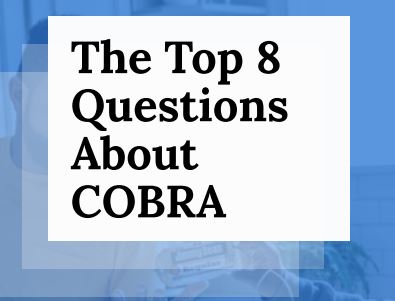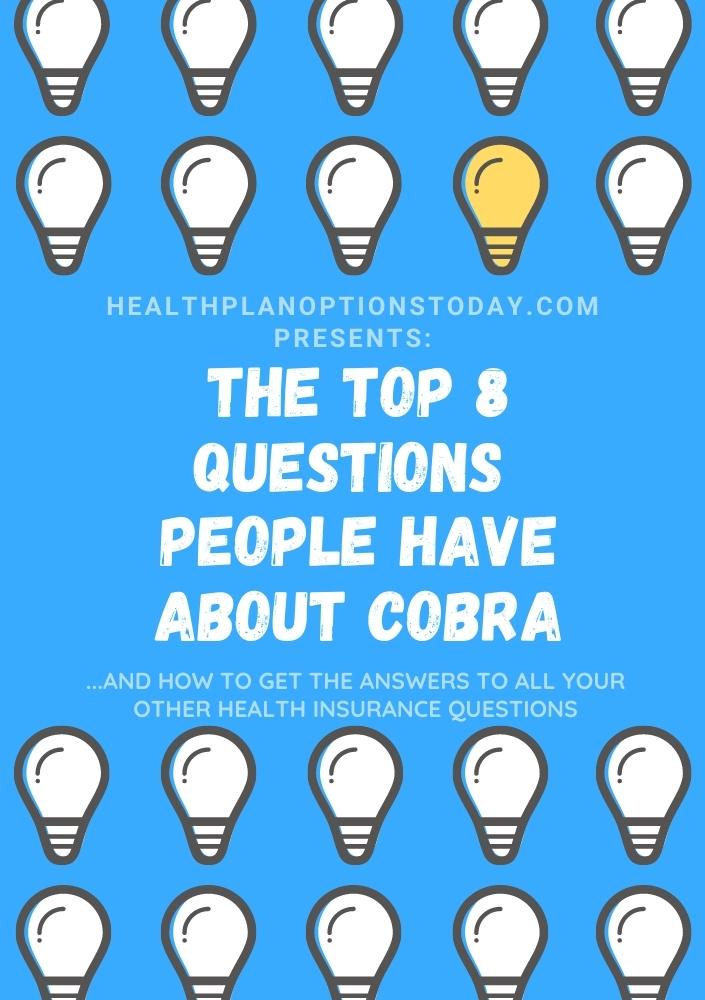President Biden’s America Rescue Plan has already affected millions of Americans through tax subsidies and stimulus checks. Here’s how it may affect your health insurance this year, especially if you’ve lost your job due to COVID-19.
On March 11th, 2021, President Biden signed the America Rescue Plan into law. A major part of the rescue plan is that it will help qualified people receive assistance with health insurance costs through government subsidies and reimbursement.
Those who are laid off, retired, have experienced reduced hours, or have experienced any other qualifying reason for job loss are eligible for COBRA (the Consolidated Omnibus Budget Reconciliation Act), which is a law that helps people keep their insurance after losing their job. Biden’s plan subsidizes COBRA for those who have lost their job through pandemic-related issues.
Although an employee can qualify for COBRA for a variety of reasons, not all will qualify for an insurance reimbursement. The federal government is willing to reimburse people for the cost of COBRA if they’ve lost their job due to COVID-19 However, if someone voluntarily left their workplace during the pandemic, they will not qualify for this government assistance.
What President Biden’s New COBRA Program Means
In regular times, COBRA mandates that continuing insurance options for individuals and their families are generally available for up to 18 months (depending on state requirements). Now, the federal government will be subsidizing premium expenses for those who qualify between April 1st to September 30th. This subsidy will cover the insurance premiums, but copays and deductibles would still be left for the former workers to cover. Those that would like retroactive coverage for previous months of coverage will be responsible for the premiums for those months. If retroactive coverage is not desired, the applicant would only be responsible for the premiums moving forward. Because most COBRA options are available from 18 to 36 months, when an employee’s eligibility finishes, the assistance from the federal government also no longer applies.
What Should I Consider Before Using Biden’s Plan?
One factor that will likely disqualify a large group of people from President Biden’s plan is outside enrollment. If someone who lost their job enrolls in insurance outside of COBRA, they would no longer be eligible to transition back into their former workplace’s insurance. Those who become new employees at a workplace that provide health insurance by September 30th are also no longer eligible. There are other restrictions that may hamper applicants in the long run as well- they can all be found here (or you can simply get in touch with one of our experts to discuss your options).
For those who qualify for COBRA, there are some other things to consider. If your insurance coverage comes to term shortly after April, you will want to make sure you have insurance coverage moving forward. Although you will have assistance for those eligible months, you might have a lapse in coverage if your next step is not planned ahead of time. (As a reminder, open enrollment for Affordable Care Act options is now available until May 15th). For those who are enrolled in family plans, any dependents who have turned 26 years old will be responsible for finding their own insurance policy. Another factor to consider is that former spouses of the primary insurance holder are still eligible for the COBRA plan but are responsible for the cost.
What If I Want Other Healthcare Options or Miss the Healthcare Enrollment Period?
For more information about COBRA and how President Biden’s plan affects you, or if you have any other questions or would like to enroll in health insurance, just fill out the short form below or give us a call at 855-218-3447 and we’ll help you get insurance at a rate you can afford.
Need Health Insurance?
Fill out this form and our experts will contact you to help you get the right insurance for your needs.
 Call Our Insurance Hotline:
Call Our Insurance Hotline:







